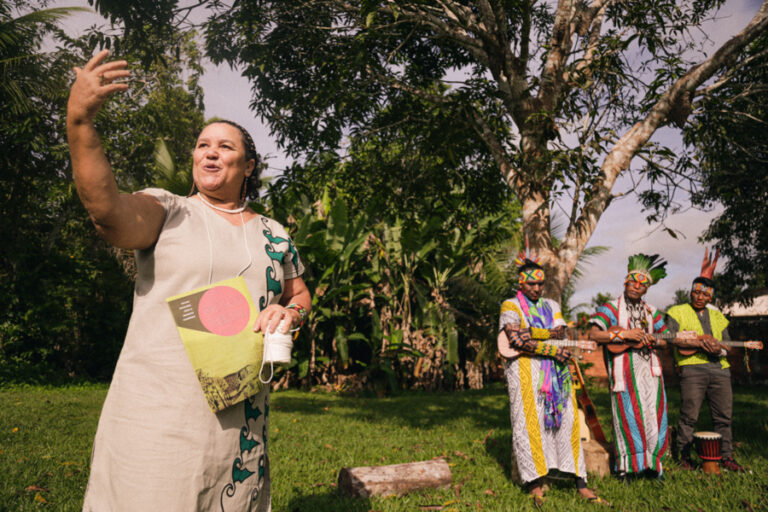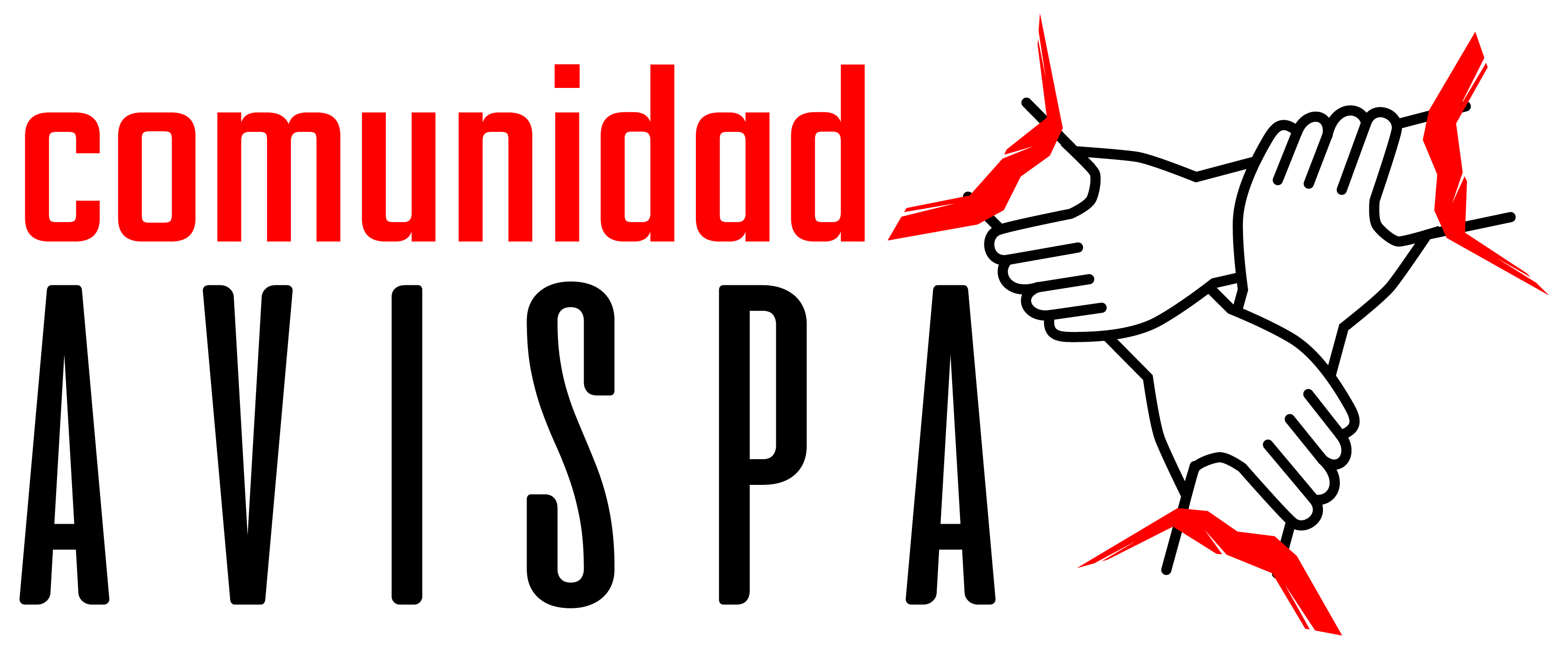Translated by Scott Campbell
Above: The event “Green Attack on the Amazon” took place in June in the state of Acre, Brazil. Indigenous leaders, with representatives from the CIMI and pro-Indigenous organizations, attended the meeting. Photo: Carol Ferraz/Amigos da Terra
Representatives from 20 Indigenous peoples, campesinos, rural extraction workers, and social organizations announced their stance against the imposition of green economy projects in the state of Acre, in the Brazilian Amazon.
This announcement came out of a gathering called “Green Attack on the Amazon,” which was held in the municipality of Cruzeiro do Sul. Participants denounced green projects that threaten the autonomy, territories, and life of the peoples of the region.
The event addressed the consequences of implementing programs and strategies aimed at carbon “offsets” under the Reducing Emissions from Deforestation and Forest Degradation (REDD+) international framework.
The state of Acre is an example of the real impacts of green economy programs. The propaganda around these programs created an image of success in combating the climate crisis even before they were implemented.
Consolidation
According to an analysis by organizations and communities reflected in the publication Green attack: False solutions to the climate disaster, the process of commodifying natural areas in Acre began when the Workers’ Party (PT) gained control of the state government in 1999. That administration “adopted the discourse that it was necessary to initiate a new economic cycle in Acre, bringing the state into the ‘era of the green economy’ in order to keep the forest ‘standing,’ in their words.”
The State Incentives System for Environmental Services (SISA), created by way of the 2010 “Sisa Law,” further consolidated this move. The law marked the first time that the REDD strategy, created in 2005, was applied to an entire state anywhere in the world.
Over the following years, the strategy was promoted through REM (REDD Early Movers), a German state program aimed at financing pioneer REDD initiatives at the global level. Through REM, the German public bank KfW gave the state of Acre 16 million euros to implement REDD in the Amazon.
Acre simultaneously received support through international delegations headed by the World Bank, the World Wildlife Fund (WWF), and other promoters of the REDD strategy who visited the state, creating the image of a “success story” unfolding in that region of the Amazon.
However, according to statements from Indigenous peoples, farming communities, and organizations such as the Indigenist Missionary Council (CIMI), the World Rainforest Movement, and Friends of the Earth Brazil, “the tens of millions of euros that the government of Acre has received from the German government have not stopped deforestation.”
“All this capitalist optimism, however, was not enough to hide the true face of the green economy: an ecological veneer that hides the destruction, land theft, and the subjugation of communities under the regime of capital accumulation, turning the ecological crisis into a business,” states the CIMI of the Western Amazon.
Profiting from the climate crisis
During the “Green Attack on the Amazon” gathering, the peoples and communities of the Amazon rainforest reiterated that green economy projects, in addition to being false solutions to the climate crisis, worsen their current social, climatic, and territorial conditions.

Their testimonies underscore threats from the rapid advance of projects similar to REDD+: PSA (Payments for Environment Services) and the so-called Nature-Based Solutions (SBN), “which have been presented as solutions to the ongoing climate and environmental disaster, harassing our leaders and organizations, co-opting some of them and provoking serious internal conflicts.”
For the participants of the gathering, these projects are pay-for-pollution schemes that create pretexts to allow the continued burning of fossil fuels and the continuation of capitalist economic growth. “Climate and environmental compensation schemes, in fact, go hand-in-hand with the destruction caused by megaprojects and the direct invasions of our territories. False solutions, such as carbon markets, prosper as threats and violence increase,” they wrote in a letter.
Another Face of Violence
The question of territorial protection was the most prominent among the main threats identified by participants at the gathering in Acre.
“This is because territorial invasions have led to more and more harassment and murders committed by illegal miners, fishers and hunters, loggers and traffickers. A clear example is the recent disappearance of Indigenous activist Bruno Pereira and British journalist Dom Phillips, who were conducting an investigation on Indigenous lands in the Amazon and, after leaving on a boat from the Amazon community of São Rafael, were never seen again,” they stated in their declaration.
“We have a weapon, which is the unity of the peoples,” said Dercy Teles, a rubber tapper and the first woman president of the Xapuri Workers’ Union. After two years in isolation due to the COVID-19 pandemic, beyond discussing the threats of the green economy, the Green Attack gathering served to build bridges and strengthen struggles in the region, because the goals remain the same: “First and foremost, it is about land. Without land, we don’t have health care, nor housing; we don’t have anything,” said Mário Huni Kuim, leader of the Huni Kui people in the municipality of Feijóo.


